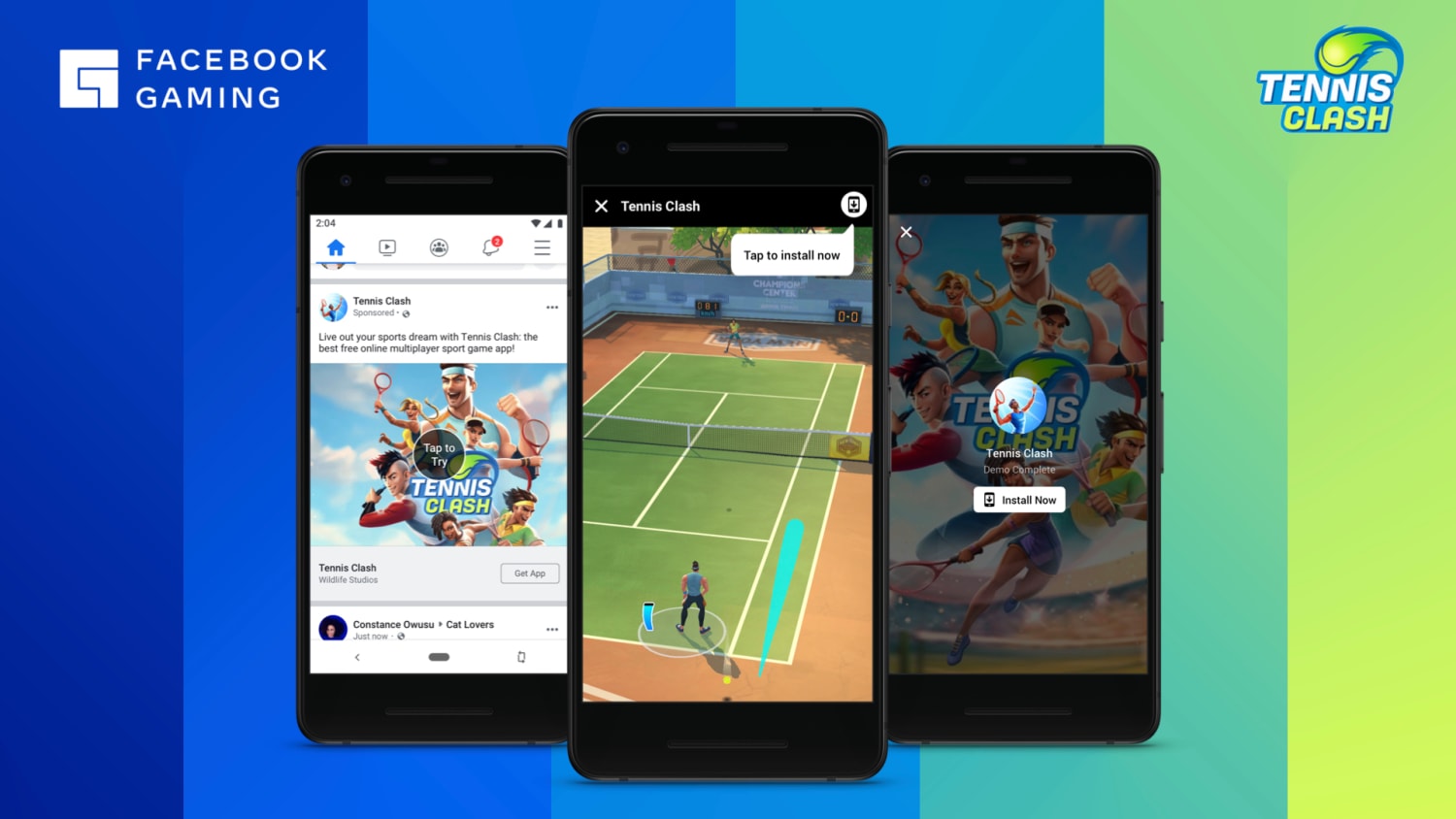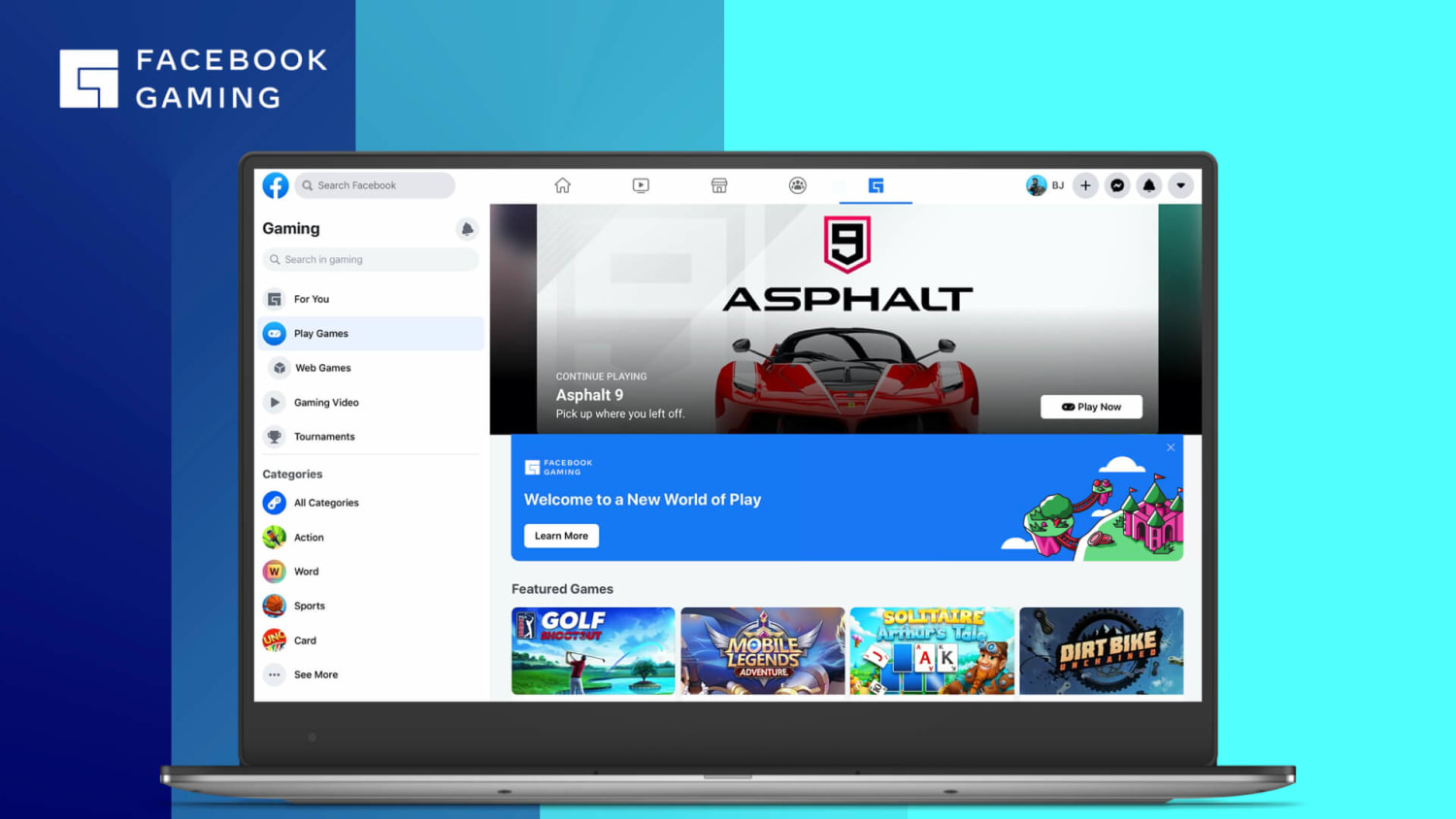The Netflix of games has arrived in the form of cloud gaming, where players can do away with physical discs or hefty downloads and instead stream high quality games directly from the cloud.
Big Tech battles it out in the cloud gaming arena. Game on.



Major players are betting big on cloud gaming, including Amazon, Google, Tencent, Microsoft, Sony and the latest contender, Facebook. On October 26, 2020, the social media company announced the addition of free-to-play cloud-streamed games to its existing Facebook Gaming platform. Launching with five titles, including racing game Asphalt 9: Legends and role-playing game (RPG) Mobile Legends: Adventure, Facebook intends to expand on its game variety and scale its cloud technology capabilities.
“The expansion will start in 2021 with the addition of action and adventure games,” Jason Rubin, Facebook’s vice president of Play said in a blog post. “Games will launch with in-app purchases and ads enabled, depending on game format and developer choice.”



Only a month before Facebook’s launch, Amazon promised to “help shape the future of gaming” with the announcement of Luna, its new cloud gaming service. Unlike its established competitors—namely, Google’s Stadia, Microsoft’s xCloud and Sony’s Playstation Now—which all require bespoke hardware, Amazon’s Luna allows players to stream games from existing devices. It’s also breaking the mold with its subscription model, offering access to “game channels” in what The Verge has likened to “the cable of video games.”
Chinese tech giant Tencent is working to quickly upgrade its cloud gaming tech capabilities with collaborations. In March 2020, Reuters reported that Tencent teamed up with telecom company Huawei on an innovation lab to develop a cloud gaming platform. This news followed an earlier partnership between Tencent Games’ cloud gaming service Start and American-based tech company NVIDIA.
“Combining the Tencent platform with NVIDIA’s GPU technology will provide a world-class experience for gamers everywhere,” Jess Fisher, senior vice president of gaming at NVIDIA said in a December 2019 statement.

Much like the competitive trends in over-the-top (OTT) entertainment platforms, these companies are acknowledging that content is king and are battling it out for more releases in a variety of genres. Google’s Stadia launched in November 2019 with only 22 titles, and now, a year later, they have over 100, including action role-playing game Cyberpunk 2077 and Pac-Man, the “world’s biggest simultaneous multiplayer” game that pulls on gamers’ nostalgic heartstrings. And Microsoft’s Xbox Game Pass Ultimate service officially launched on September 14, 2020, announcing over 150 games for players to stream.
These disruptions in the gaming industry mirror the evolution of the entertainment industry, which is shifting from broadcast television to OTT service platforms. The shift is drawing the attention of tech giants, who are heavily investing in cloud-streamed games as on-demand play emerges as the future of gaming.
Please provide your contact information to continue.
Related Content

Hellmann’s Hits the Spot in Big Game Ad

